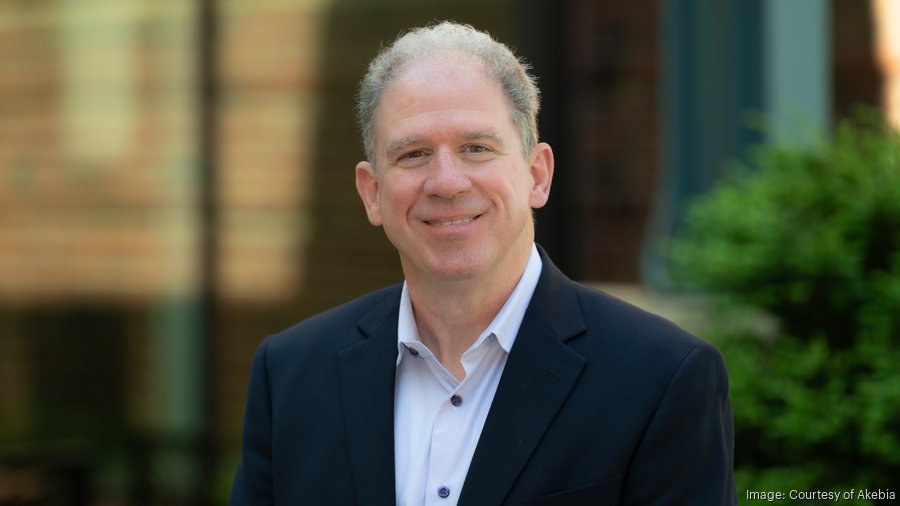Listen to this article 5 min
Two years after Akebia Therapeutics received a rejection letter from the U.S. Food and Drug Administration for a drug for anemia in patients with chronic kidney disease, the federal agency finally gave that same drug the green light on Wednesday.
The FDA approved vadadustat, which will be marketed under the name Vafseo, for the treatment of anemia due to chronic kidney disease in adults who have been receiving dialysis for at least three months. The drug is a once-a-day oral pill.
As of 5:30 a.m., Akebia's (Nasdaq: AKBA) shares were up 25% in premarket trading. The company had a market cap of $469 million as of the close of trading Wednesday.
The company said the approval means Vafseo is now approved in 37 countries.
Subscribe to the Morning Edition or Afternoon Edition for the business news you need. It's free.
In March 2022, the FDA rejected vadadustat due to safety concerns. Vadadustat is an enzyme blocker meant to treat anemia brought on by chronic kidney disease (CKD).
Akebia CEO John Butler told the Business Journal last week that the FDA’s decision two years ago came down to concerns that vadadustat could cause drug-induced liver injury. Butler said this stemmed from one patient in 2014 who had very high liver enzymes. Butler said that the patient was never hospitalized, and was on a medley of drugs, including vadadustat.
“We looked very carefully at all of our data in our Phase 3 program, and there’s over 7,000 patients,” Butler said. “We said there was no difference between vadadustat and the comparator drug. But the FDA took the opinion that they thought that this could be a risk.”
Butler said Akebia believed in the drug and moved forward with a formal dispute resolution.
Butler said that if the FDA wanted more data to bolster the safety profile of vadadustat, Akebia told the agency it could provide it. Vadadustat has been available for three years in Japan and the country has “phenomenal post-marketing surveillance” to follow patients, Butler said.
The chief executive said the drug has been used by tens of thousands of patients in Japan without any signs of severe drug-induced liver injury.
Butler said after talking to Dr. Peter Stein, director of the FDA's Office of New Drugs, Akebia submitted this additional data from Japan.
“Dr. Stein said … 'Submit that data and we’ll review it and if that’s the case, we agree, then while I think there may be a modest risk, we think we can label around that',” Butler said.
Surviving the rejection
The impact of the FDA’s initial pass on vadadustat was immediate. Akebia shares were down by 65% the morning after the company announced the FDA’s complete response letter.
Cutting costs became an important aspect of Akebia’s path forward. The company had about 400 employees two years ago and now its headcount is around 180, Butler said.
“We did the things we needed to do to survive, and luckily we had a commercial product that was generating revenue to help keep the lights on,” Butler said.
Akebia also an approved drug called Auryxia which helps control serum phosphorus levels in adults with chronic kidney disease on dialysis, and for the treatment of iron deficiency anemia in adults with chronic kidney disease not on dialysis.
Akebia reported full-year 2023 revenues of $170.3 million from Auryxia earlier this month.
“We’ve got to drive the prescribers to want to use (Vafseo). And then we also have to keep generating new data to highlight the potential benefits, other benefits, for patients,” Butler said. “We think doing all of those things, we’ll have a successful launch and a successful ability to grow the product and make it the new standard of care in dialysis.”
Mass. employees
| Rank | Prior Rank | Firm/Prior rank (*unranked in 2022)/ |
|---|---|---|
1 | 1 | Takeda |
2 | 2 | Sanofi |
3 | 5 | Moderna Inc. |




